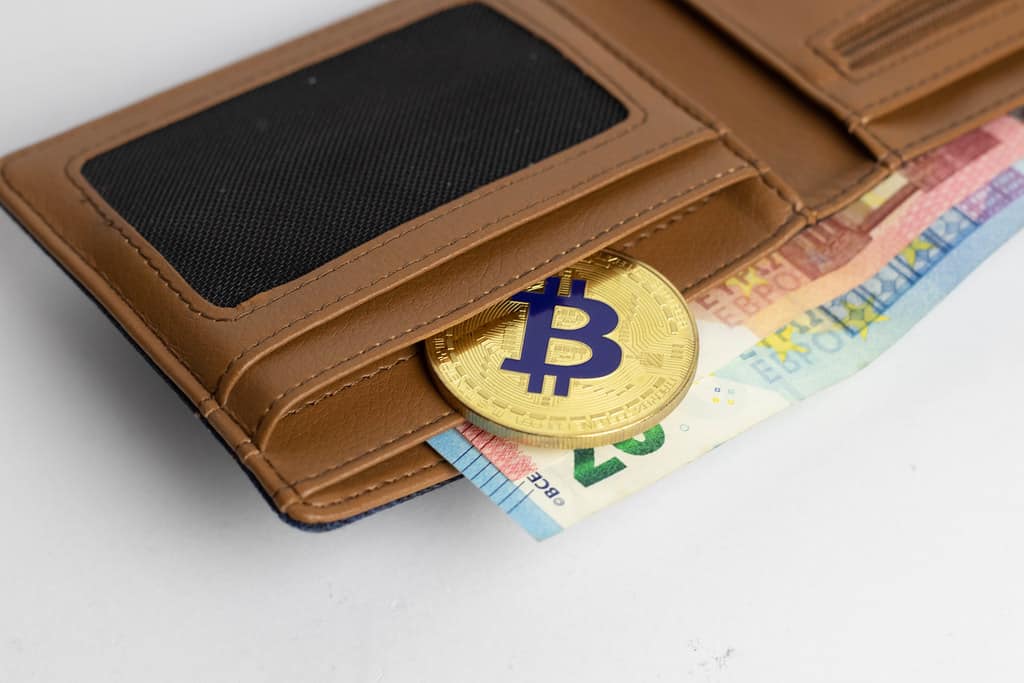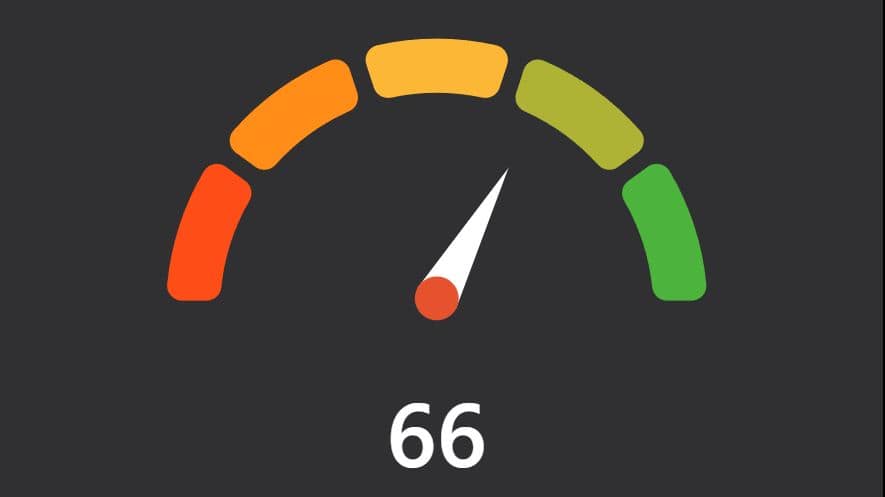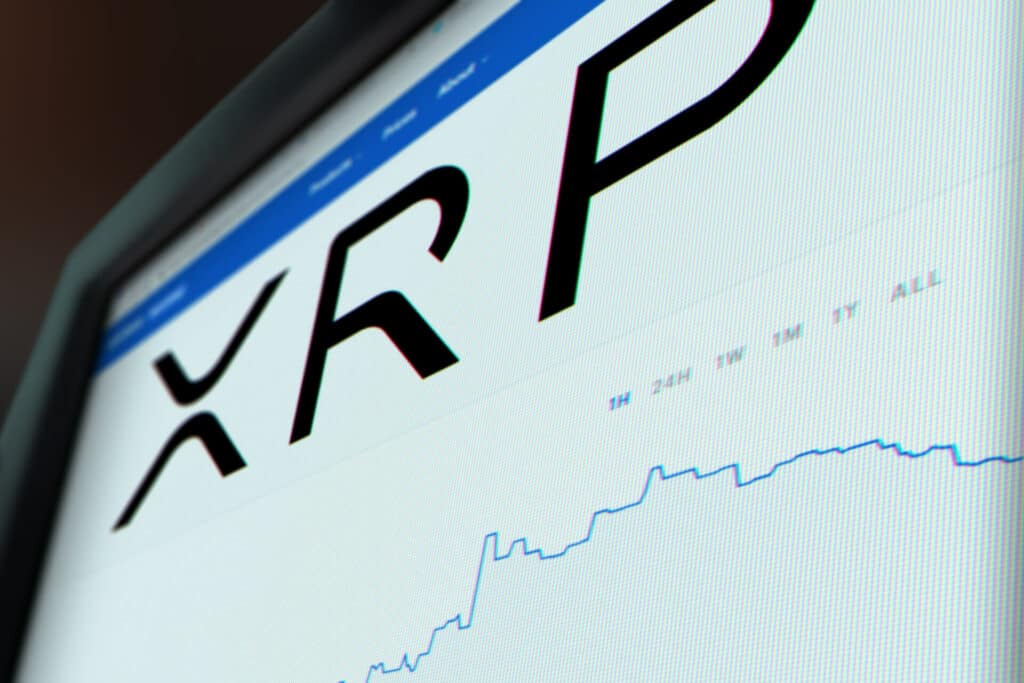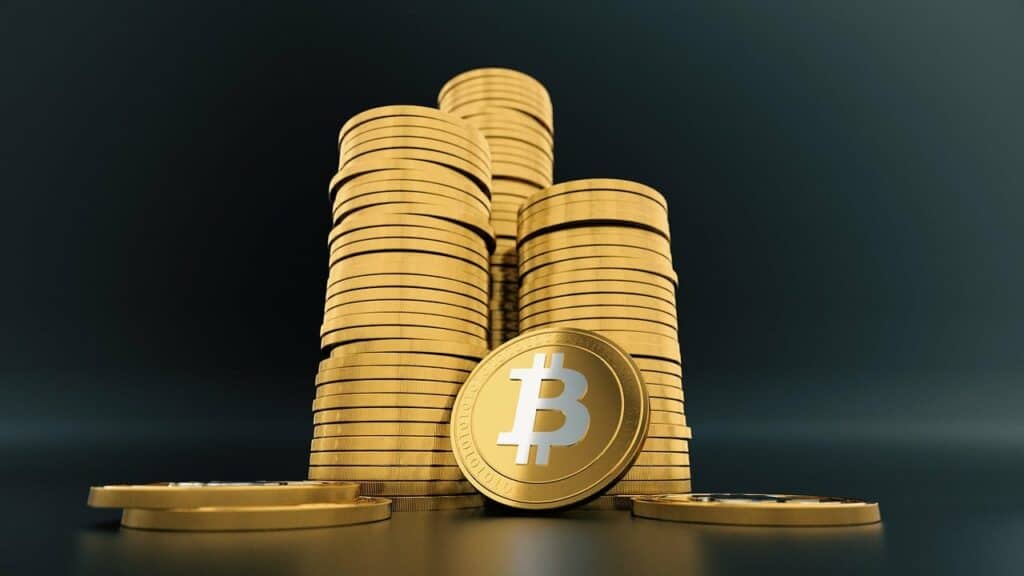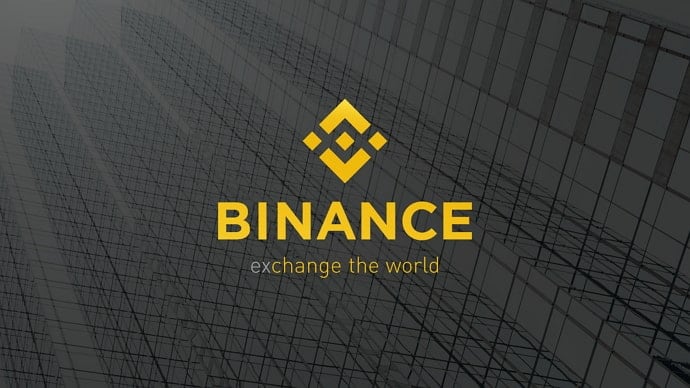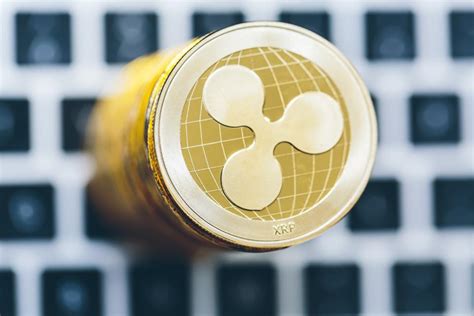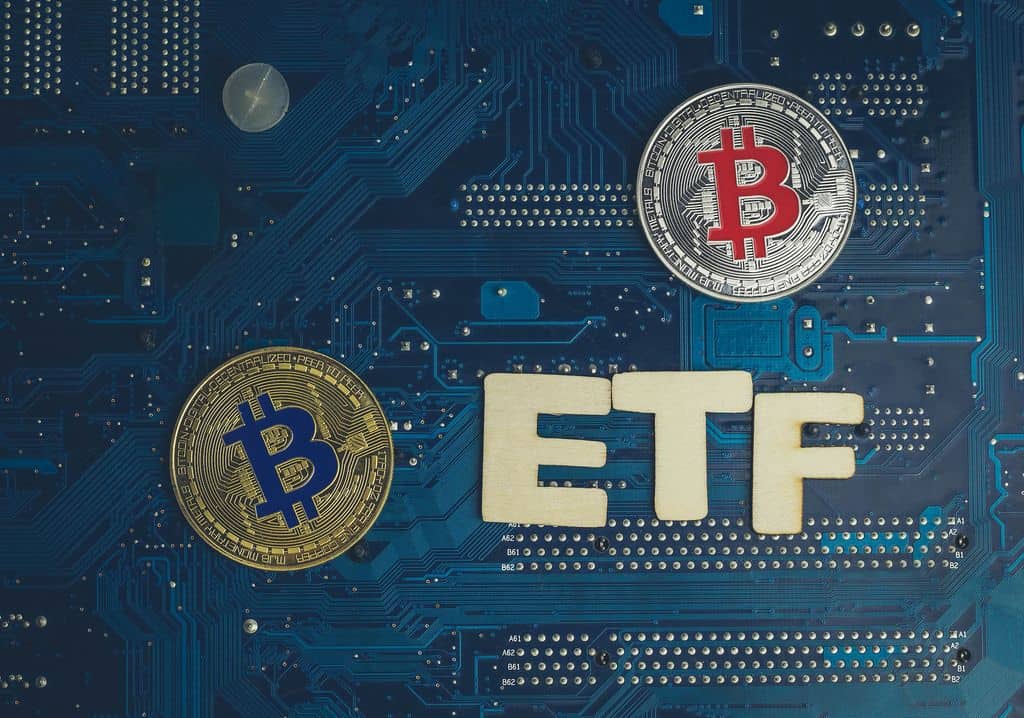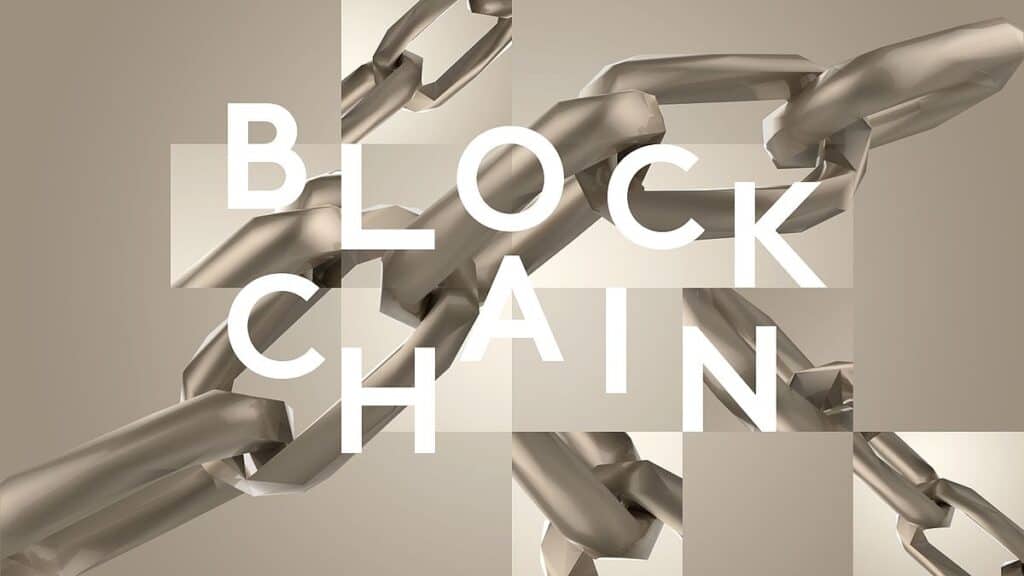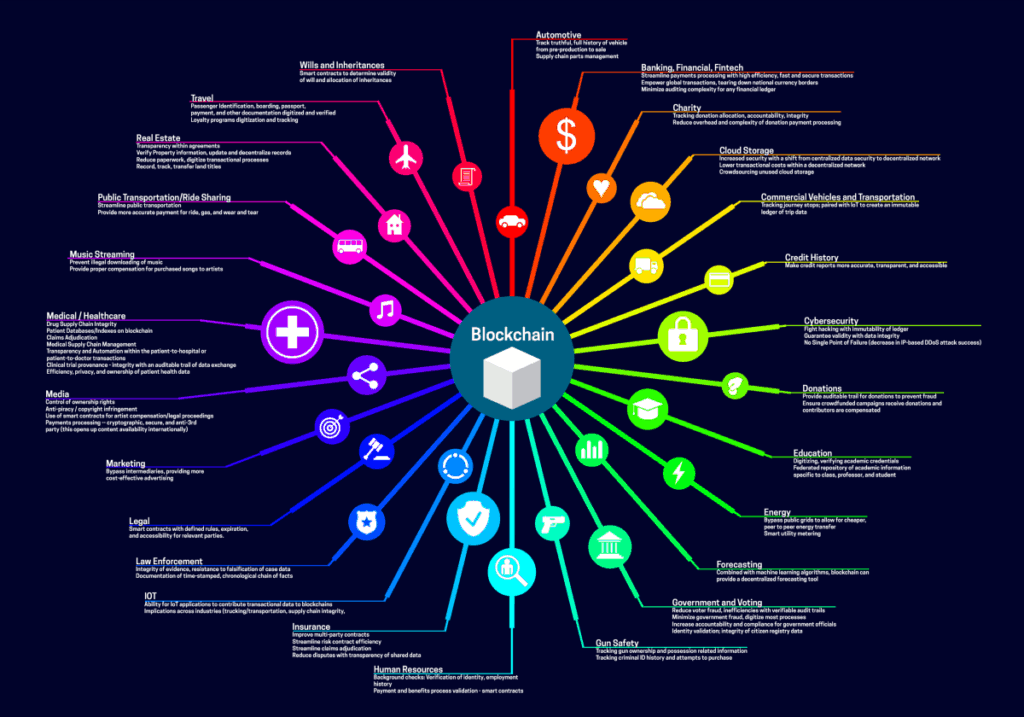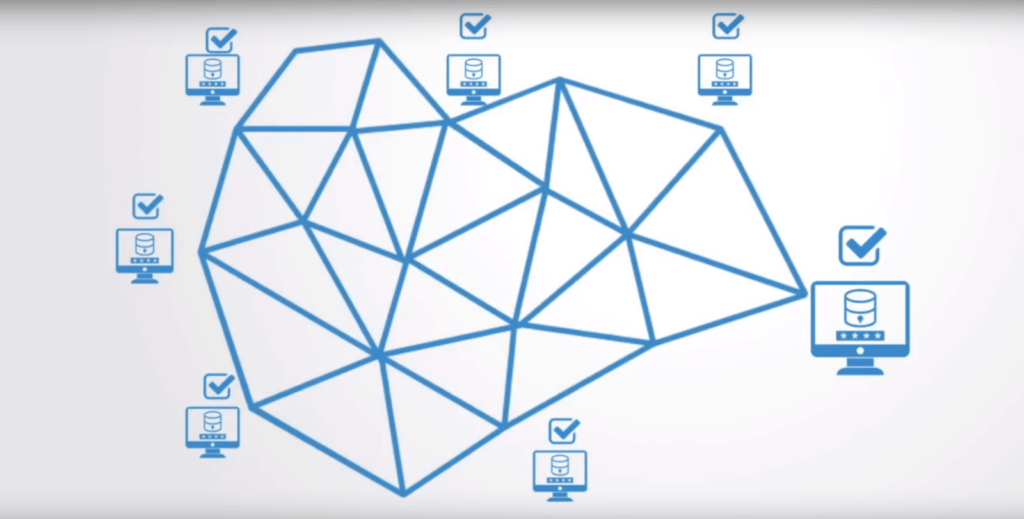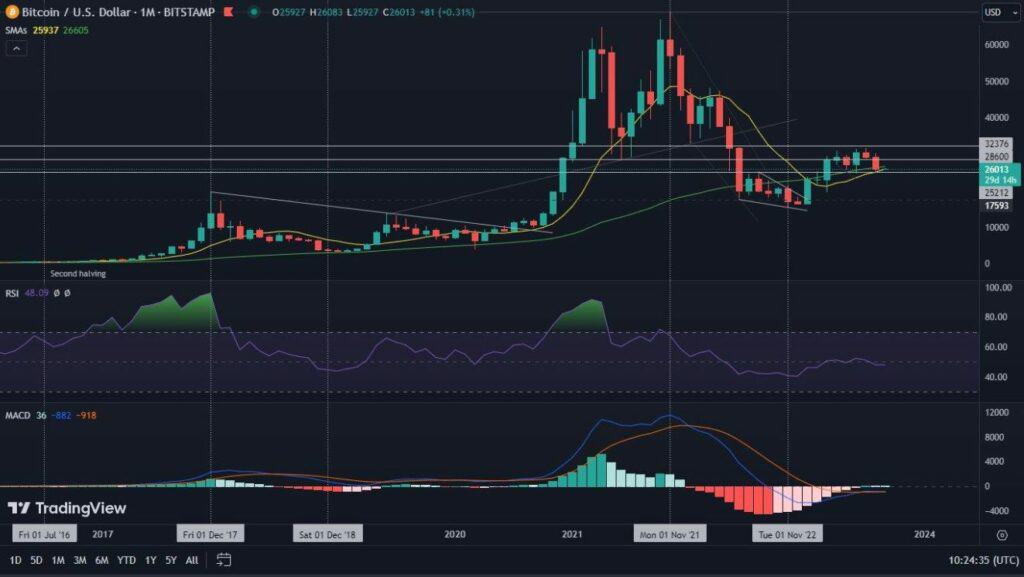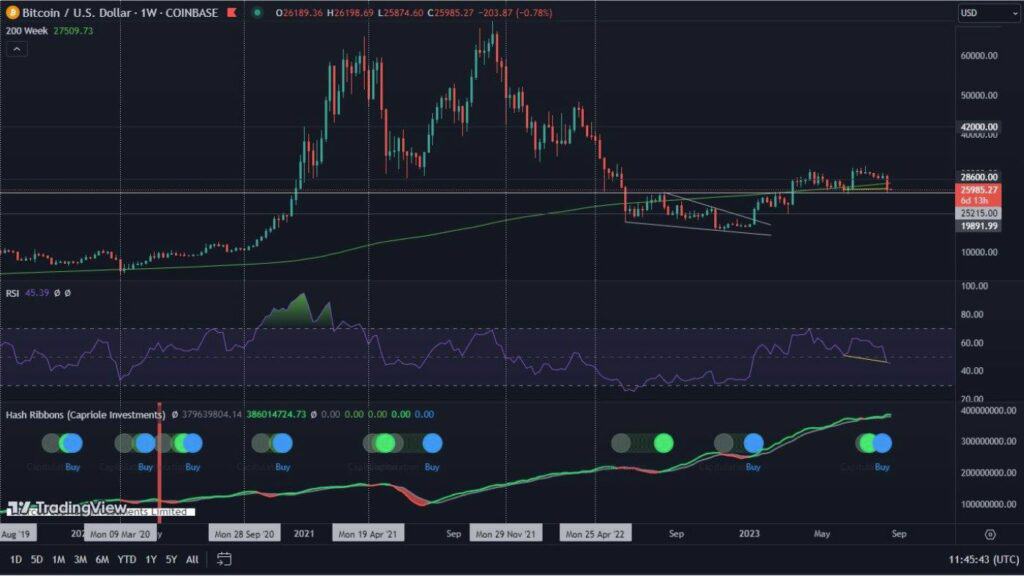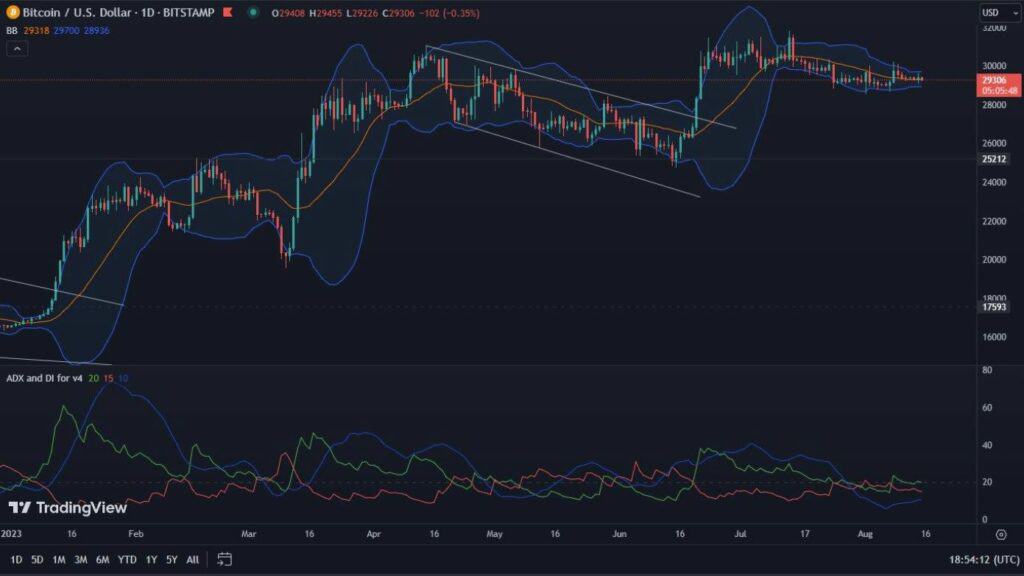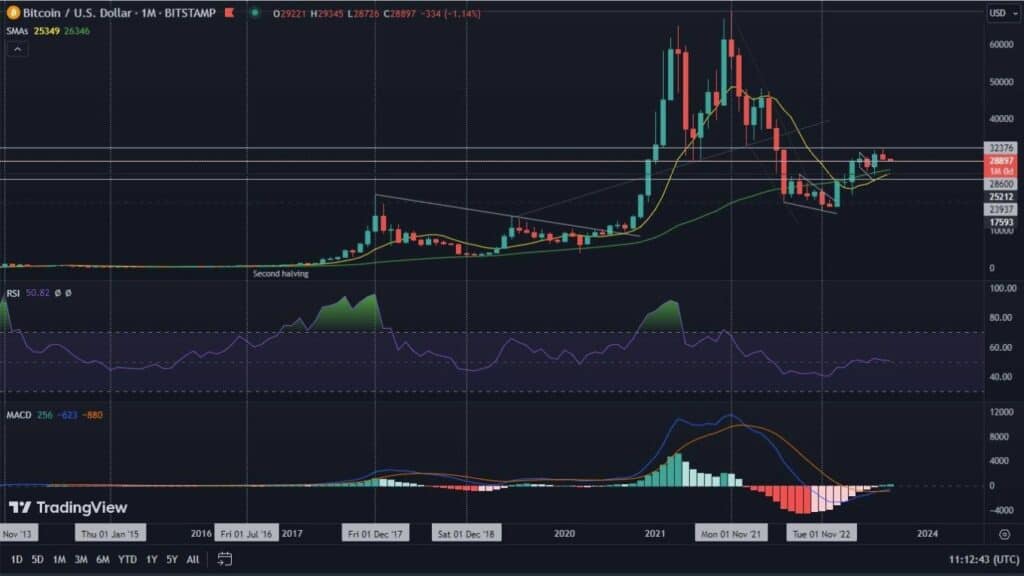Cryptocurrencies such as Bitcoin, while often seen as speculative assets, are constantly growing in popularity. They are inevitably changing the way people conduct transactions, which in turn encourages a closer look at developments in payment technology.
With the rise of digital currencies, the European Central Bank has stated that it will begin experimenting with a digital version of the Euro. At the same time, there will also be public consultations. This is an important step in the development of the technology.
Digital Euro – what is it?
The digital currency of the central bank would allow residents of the Eurozone to make direct deposits with the European Central Bank (ECB). Until now, this option was only available to governments and other central banks. Let’s try to take a closer look at what the Digital Euro actually is.
Let’s start with bank accounts. Every reader is sure to have one – a bank account is a necessity these days. To have a bank account, we pay private institutions, namely banks. The concept of the Digital Euro is quite different. The European Central Bank would issue the currency and allow every citizen of the Eurozone to have a free account with the ECB.
There are several reasons why the ECB is considering introducing a digital equivalent of the Euro. The first is the dominance of electronic, private payment solutions. Maintaining competitiveness in this area is particularly important because most of the technology giants in the banking sector do not come from Europe at all (companies such as Visa or Mastercard, both from the United States, are worth mentioning here). The advantage of the Digital Euro is also a guarantee of security and stability, as well as protection of personal data.
Risks of introducing the Digital Euro
On the other hand, there are also risks associated with the introduction of the digital Euro. The biggest risk, of course, is the potential destabilization of the payment system, if opening an account with the ECB would be available to everyone without restrictions, including foreigners. Free accounts held at the ECB could also crowd out private banking institutions, and these would likely start charging customers more for particular services to compensate for losses. As a nod to skeptics, the ECB said in a specially released statement that the Digital Euro would “complement cash, not replace it.”
Future direction
For now, no final decision has been made on the Digital Euro. Central banks around the world continue to experiment with digital versions of their currencies, and ECB officials recently stressed the need to stay on top of technological trends. Discussions and weighing of all the “pros and cons” continue all the time. One thing is certain: the world is moving inexorably towards the development of new technologies. Technological progress affects almost every sector of the economy. It is certain that it will also affect the banking sector.




